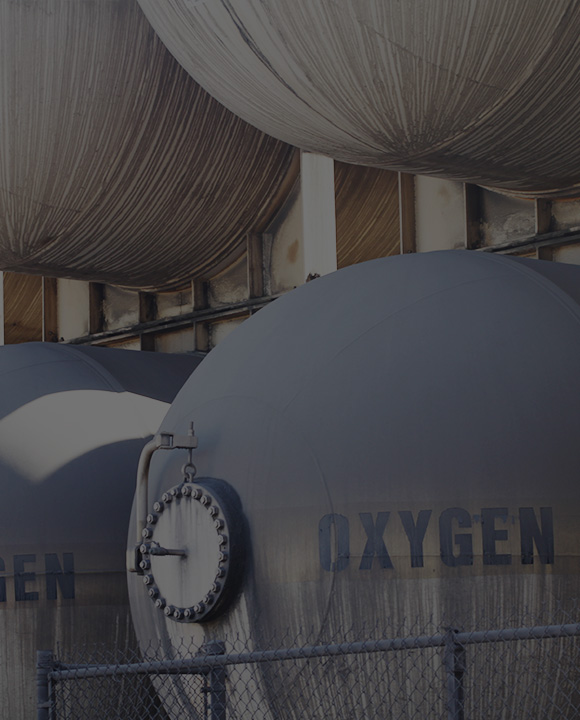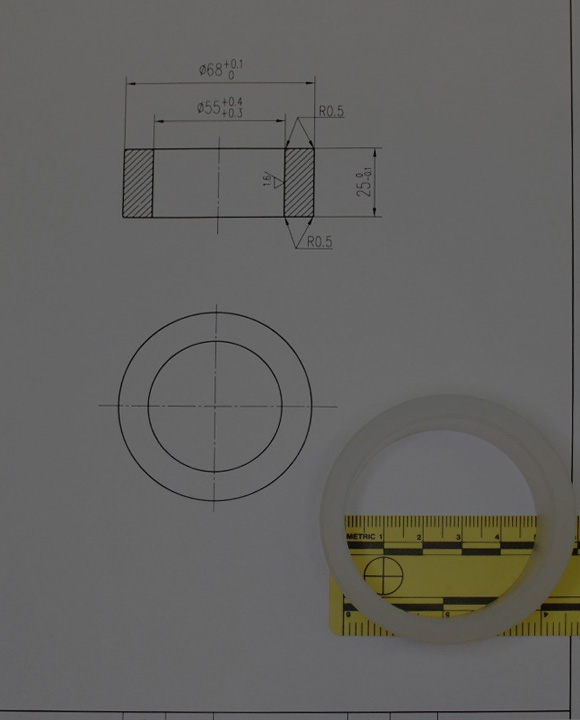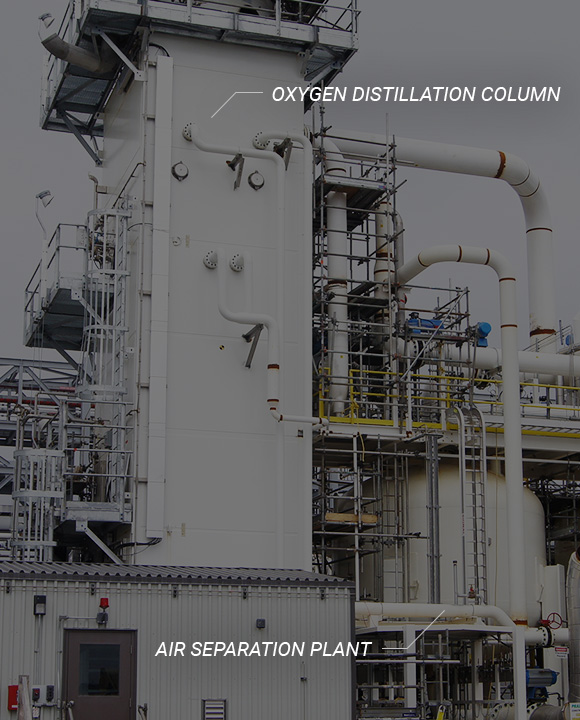
Level 1: Oxygen Hazards Consult (OHC)
An oxygen hazards consult (OHC) is a high-level review intended to provide rapid feedback on the design and operation of a component or system intended for oxygen use. The consult typically includes review of system materials, operating conditions, and component/system function to assess ignition probability and consequence and provide a preliminary assessment of compatibility. Because of its high-level nature, OHCs are typically appropriate for remote review and verbal feedback via teleconference or web conference.
Level 2: Oxygen Hazards Review (OHR)
The oxygen hazards review (OHR) uses the same approach as a Level 1 OHC for systems and components but includes a short summary report documenting the results. The report includes comments and observations relating to operating conditions, materials flammability, ignition probability, and ignition consequence, along with recommendations as needed to achieve a low ignition probability and low fire consequence.


Level 3: Oxygen Fire Risk Analysis (OFRA)
The WHA signature oxygen fire risk analysis (OFRA) method is our most detailed and extensive oxygen hazards analysis for systems and components. The Level 3 OFRA method provides formal documentation of each phase of the analysis process with thorough referencing to supporting data for rating materials' flammability, ignition probability, and fire consequence. This risk analysis approach is also consistent with the qualitative risk analysis approach outlined in ISO 14971 for medical devices.
A formal OFRA report typically includes the system-level component listing and analysis results (if applicable) and individual component OFRA worksheets that document the component piece-part analyses of material flammability, ignition probability, and ignition consequence. The report discusses all results and provides recommendations as needed To achieve a low probability of ignition and a low consequence of ignition.
